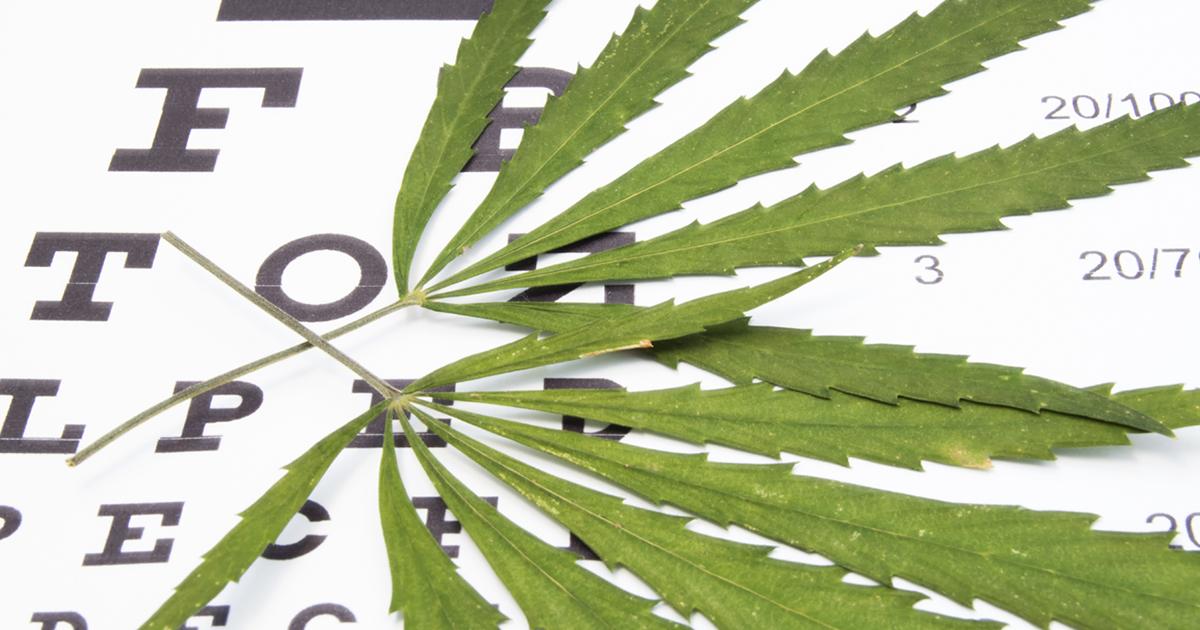Will a New Drug Using Cannabinoids Achieve a Breakthrough for Glaucoma?

SAN FRANCISCO – Nemus Bioscience, a biopharmaceutical company based in Southern California, came to the Glaucoma 360 New Horizons Forum here in February to make its pitch that its cannabinoid-based therapy may succeed where others have failed – to effectively harness the benefits of marijuana in lowering intraocular pressure (IOP) without the side effects.
Nemus CEO Brian Murphy, MD, said the company’s cannabinoid-based therapy, directly applied to the eye, will present fewer side effects than smoking or ingesting tetrahydrocannabinol (THC), the active ingredient in marijuana. The drug’s IOP-lowering benefits will also last more than eight hours. THC’s neuroprotective qualities may make the drug a first-line therapy, Dr. Murphy said.
Cannabis Basics
Both the benefits and risks of using marijuana to treat glaucoma have been well reported. It’s also commonly concluded that marijuana’s short-lived benefit on IOP isn’t worth the side effects, health hazards, and cost.
Derived from the leaves and tops of the Cannabis sativa plant, marijuana contains more than 100 chemical compounds, called cannabinoids. Of these, at least six are known to produce pharmacodynamic effects, most notably Delta-9, THC, and cannabidiol.
Although studies have shown THC to lower IOP by at least 25%, effects only last 90 minutes to three hours. To treat glaucoma and preserve vision, IOP has to be controlled 24 hours a day, according to the American Academy of Ophthalmology (AAO).
Because several current glaucoma treatments are more reliable, safe, and affordable, the AAO does not endorse cannabis or its derivatives as a glaucoma treatment.
Research efforts to develop THC eye drops, pills, and cigarettes have not yet succeeded. Drops led to burning and were not effective. Sublingual compounds, pills, and cigarettes either did not work or produced unpleasant side effects.
Nemus Seeks Breakthrough
Nemus Bioscience hopes to achieve a breakthrough in using THC to treat glaucoma. The company’s lead product, prodrug NB1111, promises to lower IOP using a proprietary THC formulation.
In a study conducted with partner University of Mississippi, the only US entity legally authorized to grow cannabis for research purposes, the product demonstrated the ability to lower IOP by 45% to 50% in rabbits, Dr. Murphy said. In addition, historical data show cannabinoids exert direct neuroprotective effects on the optic nerve.
Nemus hopes to begin human studies by the end of 2019.
For questions about this article, contact Rich@healthegy.com.
